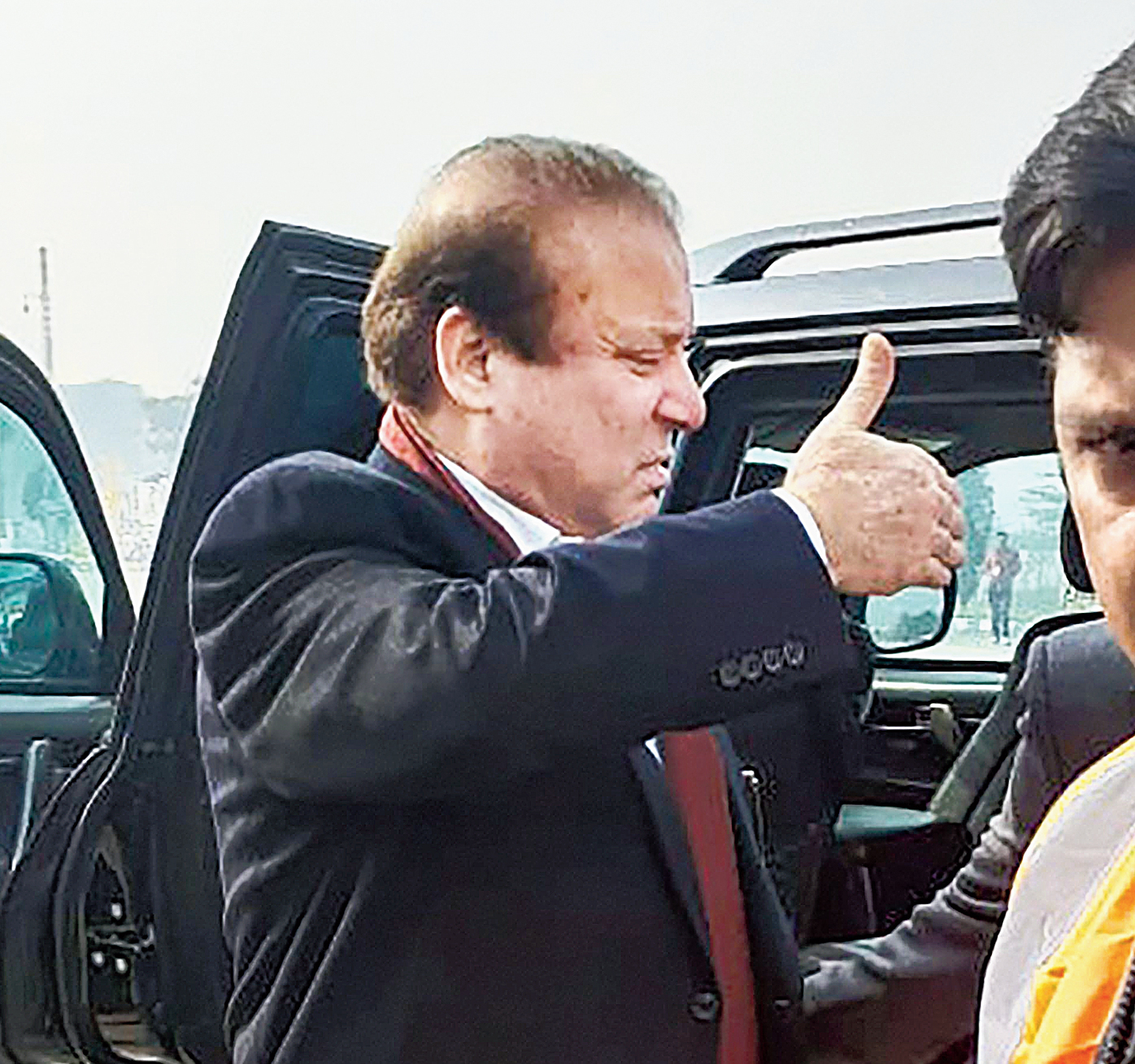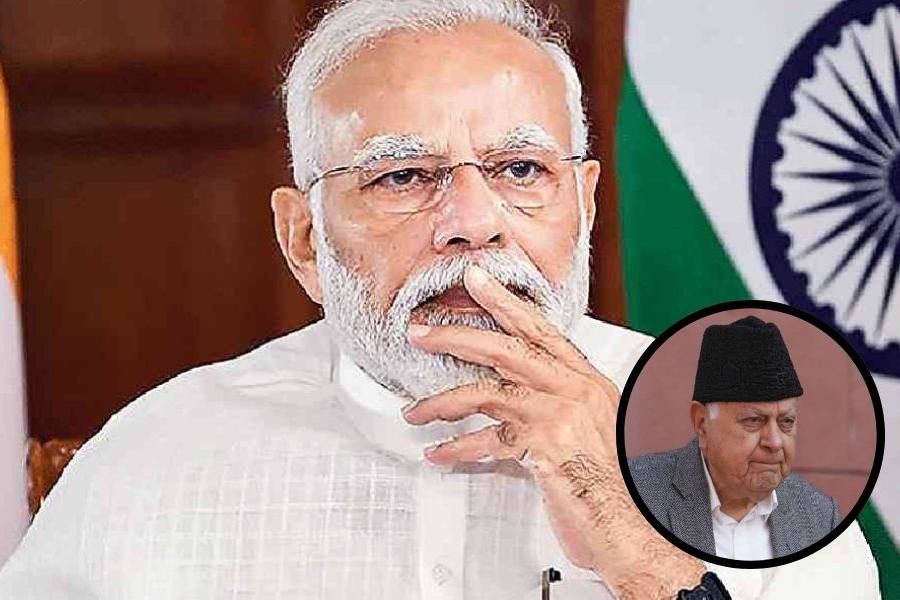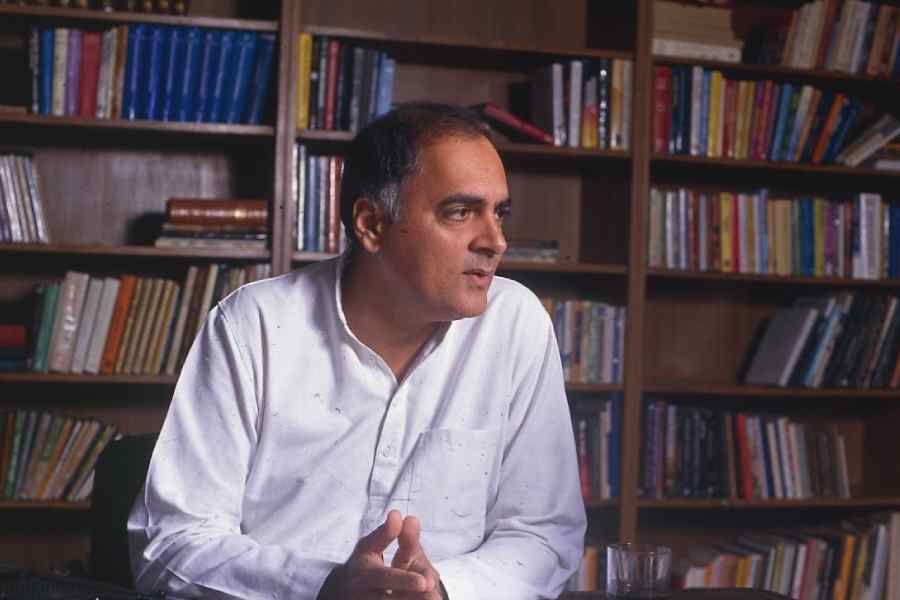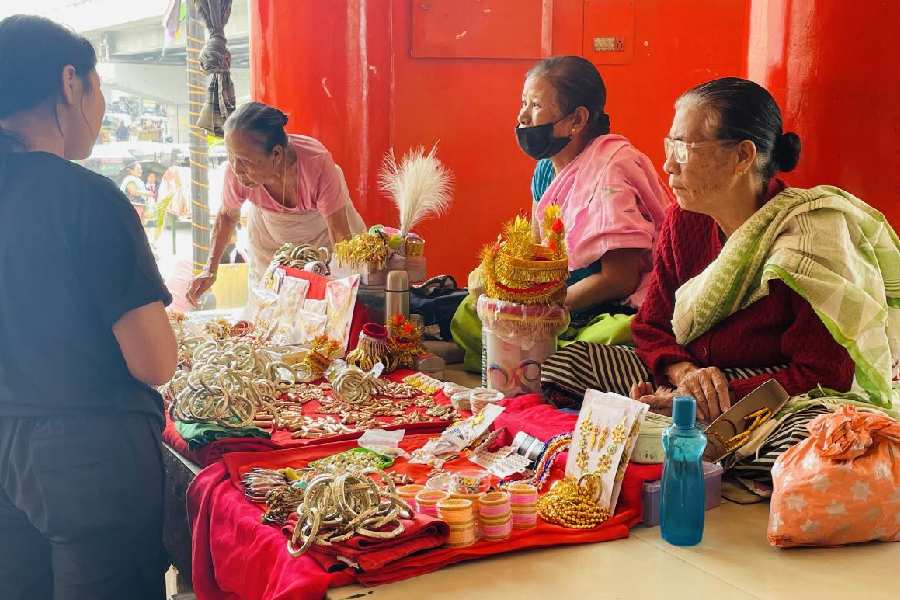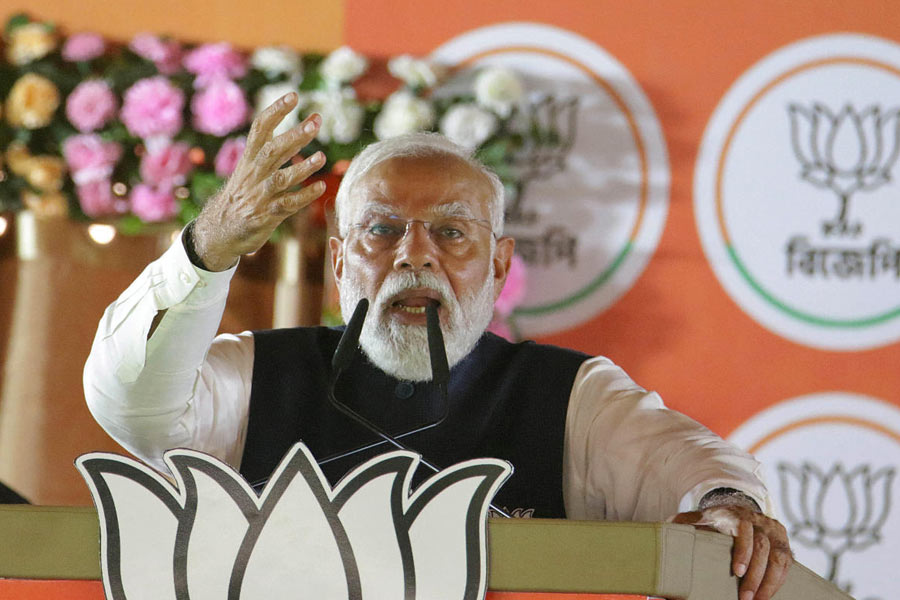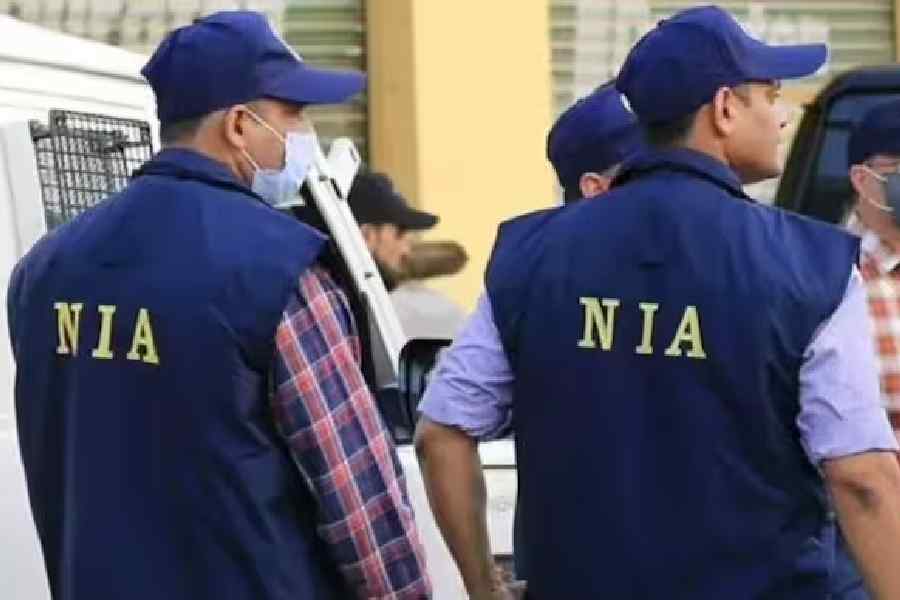Finally, Nawaz Sharif has done a runner albeit with a legal sanction that suddenly makes him a law-abiding renegade, a rarity in a place where abusing law is a badge of honour even for non-descript folks.
Despite the apparent official efforts to retain him, the three-time former head of the state was allowed to leave thanks to an order by Lahore High Court.
A bewildered Imran Khan government decided not to challenge the decision clearing the way for egress. Sharif, who was imprisoned for corruption, was put on the loathsome Exit Control List (ECL) that bars people from leaving the country. As a convict, he could only manage by winning a reprieve on health grounds.
Before his departure, there was a continuous flow of execrable information about his deteriorating health with anti-government commentators and Sharif supporters suggesting if he was not allowed a quick exit his survival could be in jeopardy.
Khan panicked and supported the departure by alluding to the claims that the former Premier was gravely ill. Khan even suggested that he got it personally confirmed from the doctors of Shaukat Khanum Memorial Cancer Hospital, a charitable enterprise that he runs in memoriam of his deceased mother.
When Sharif finally emerged to leave for London, he looked pretty well to an extent that he walked by himself, held a jacket in one of his arms, and in one of the photos from inside his plane had grapes in front of him, ridiculed opponents.
A commentator at ARY television known for anti-Sharif views questioned if he was really ill for “the grapes were like poison for his stated health conditions”. Others obsessed on how he walked, who kissed and hugged him, and what kind of imported shoes he wore and if it complimented his attire.
As soon as he landed in Qatar en route to London, the word got out that he was not ferried away in an “air ambulance”, as widely described in the media, but a jet from the Qatari royals.
During his brief stopover at Doha, the Amir, Sheikh Tamim Al-Thani, sent his chief of protocol to receive Sharif and take him to the Royal Terminal lounge, reported the Dawn newspaper.
The news was received with certain elation by the supporters perhaps hinging hopes on support from the Arab royalty that the former Prime Minister and his family have banked upon in the past.
Sharif had previously benefitted from two letters from the Qatari royals as alibi to shield him from fraud investigations in what became known as Panamagate.
The resurfacing of the Qataris shifted the debate to a possible deal. After all, for most of its existence, the country has been run on timely but short-lived deals of every ilk and breed.
Besides, Sharif did not look ill in his countenance, many suggested. Even Khan has now started to suggest that Sharif did not look ill.
As a result, the demands of a thorough investigation against the doctors who certified his “grave illnesses” started to gain traction, a view now subtly advanced even by Khan. Others dug out anecdotes from the past as to how the Sharifs — from Nawaz to Shahbaz and beyond — had concocted health scares to short shrift the poor legal system.
While the debate looped in rage and bewilderment, another former Prime Minister, Yusaf Raza Gillani, who is also on the ECL, left the country, and without any outcry.
Gillani was disqualified and ousted from office by the Supreme Court for refusing to open corruption charges against his boss, Asif Ali Zardari, also a former President. But his real claim to fame is stealing the necklace of Emine Erdogan, Turkish first lady and wife of President Recep Tayyip Erdogan, that she had donated for the relief of 2010 flood victims when Gillani was the Prime Minister.
The necklace had mysteriously disappeared. Only years later, in 2015, when the Sharif government’s interior minister, Chaudhry Nisar Ali Khan, ordered an investigation through the Federal Investigation Agency did Gillani admit that he was holding the necklace.
A threat of persecution forced him to return the necklace, but not before he issued an explanation in line with his family’s reputation as a prominent priestly clan of Multan.
“The necklace belongs to my sister and is with me,” Gillani said, adding that he had close ties with the Erdogan family and Emine was “like a sister” to him, reported Turkish daily Hurriyat at the time.
It carried a detailed account of the admission: “After the necklace was donated by Turkey’s first lady he (Gillani) planned a visit to a flood-relief camp in Pakistan’s Sindh province, where a couple were getting married. Gilani (sic) said he had intended to give the necklace, which has (sic) a market price estimated at 200,000 Pakistani rupees, as a wedding gift to the bride. However, he was surprised to be greeted by eight girls who were to be married that day, so he decided to keep the necklace himself and instead gift 200,000 rupees to each of the eight couples.”
Gillani left the country along with his son Ali Haider Gillani, a member of the Punjab Assembly who joined politics after his father’s disqualification by the court.
Carrying on with the family tradition, Ali Gillani has also been associated with several cases of alleged corruption including embezzlement of money for the Haj and a scandal at a state-owned insurance company. Some of his younger siblings also face charges of similar nature.
Although the Gillanis flew without any royal insurance, the elder Gillani, according to a leading daily, The News, had an exclusive invitation from Cambodian Prime Minister Hun Sen.
He was the “only leader from Pakistan” to deliver a lecture in the Asia Pacific Cambodia Conference 2019. Unlike Sharif, whose return date is subject to speculation and predicated upon his improvement in health, Yusaf Raza Gillani will have to return within 15 days, according to the ministry of interior that granted him a one-time waiver to leave the country.
Murtaza Shibli is a British Kashmiri author and journalist who lives between Srinagar, Lahore and London.

